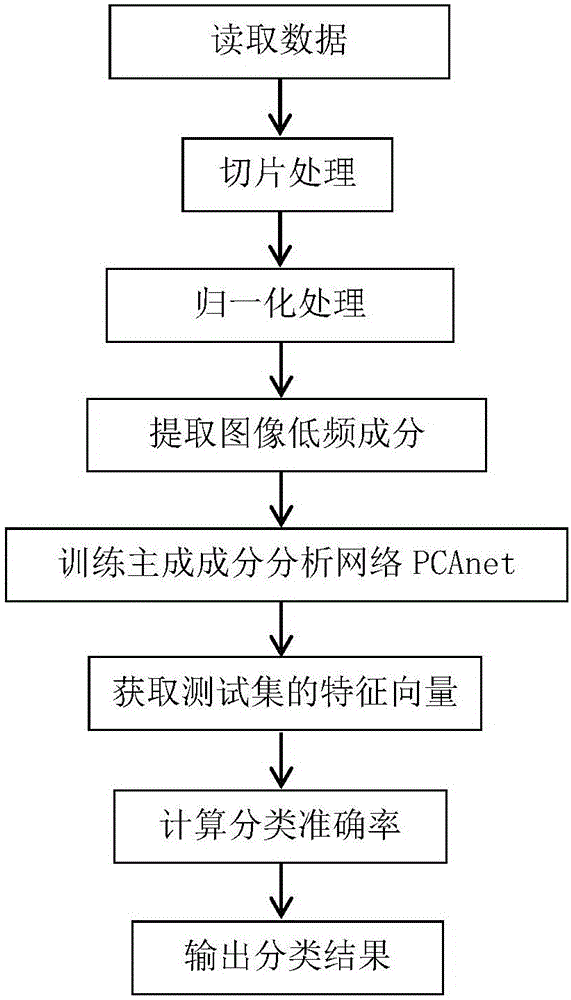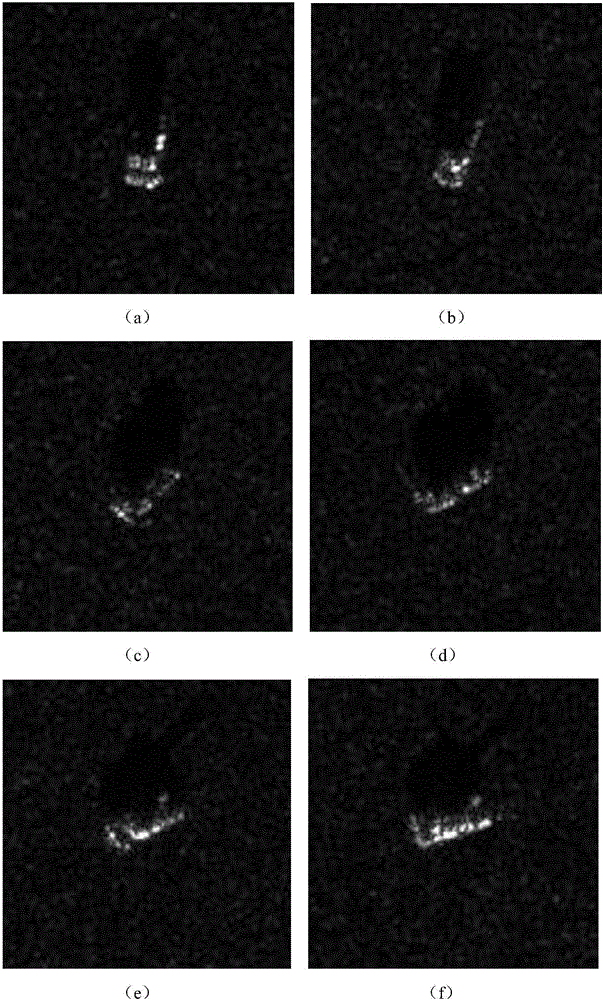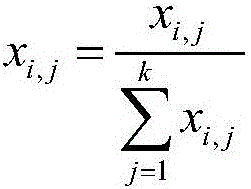Improved PCAnet-based SAR image classification method
A classification method and image technology, applied in the field of image processing, can solve the problems of low average classification accuracy of classification methods, weak network robustness, high computational complexity, etc., to overcome repeated iterative updates and excessive training time long, robustness-enhancing effects
- Summary
- Abstract
- Description
- Claims
- Application Information
AI Technical Summary
Problems solved by technology
Method used
Image
Examples
Embodiment Construction
[0039] The present invention will be further described below in conjunction with the accompanying drawings.
[0040] refer to figure 1 , the concrete steps that the present invention realizes are as follows:
[0041] Step 1, read in the SAR image.
[0042] Read training samples and test samples from the SAR image set to be classified.
[0043] Step 2, slice processing.
[0044] Find the center point of each image from all SAR images in the training set and test set.
[0045] For each image, a 64*64 image slice is intercepted at its center point to obtain a training sample set and a test sample set after slice processing.
[0046] Step 3, normalization processing.
[0047] Transform the gray values of all SAR image slices in the training set and test set into the [0,1] interval.
[0048] Step 4, extracting the low-frequency components of the image.
[0049] All the SAR image slices in the training set and the test set are sliced, and the low-frequency component picture...
PUM
 Login to View More
Login to View More Abstract
Description
Claims
Application Information
 Login to View More
Login to View More - R&D
- Intellectual Property
- Life Sciences
- Materials
- Tech Scout
- Unparalleled Data Quality
- Higher Quality Content
- 60% Fewer Hallucinations
Browse by: Latest US Patents, China's latest patents, Technical Efficacy Thesaurus, Application Domain, Technology Topic, Popular Technical Reports.
© 2025 PatSnap. All rights reserved.Legal|Privacy policy|Modern Slavery Act Transparency Statement|Sitemap|About US| Contact US: help@patsnap.com



